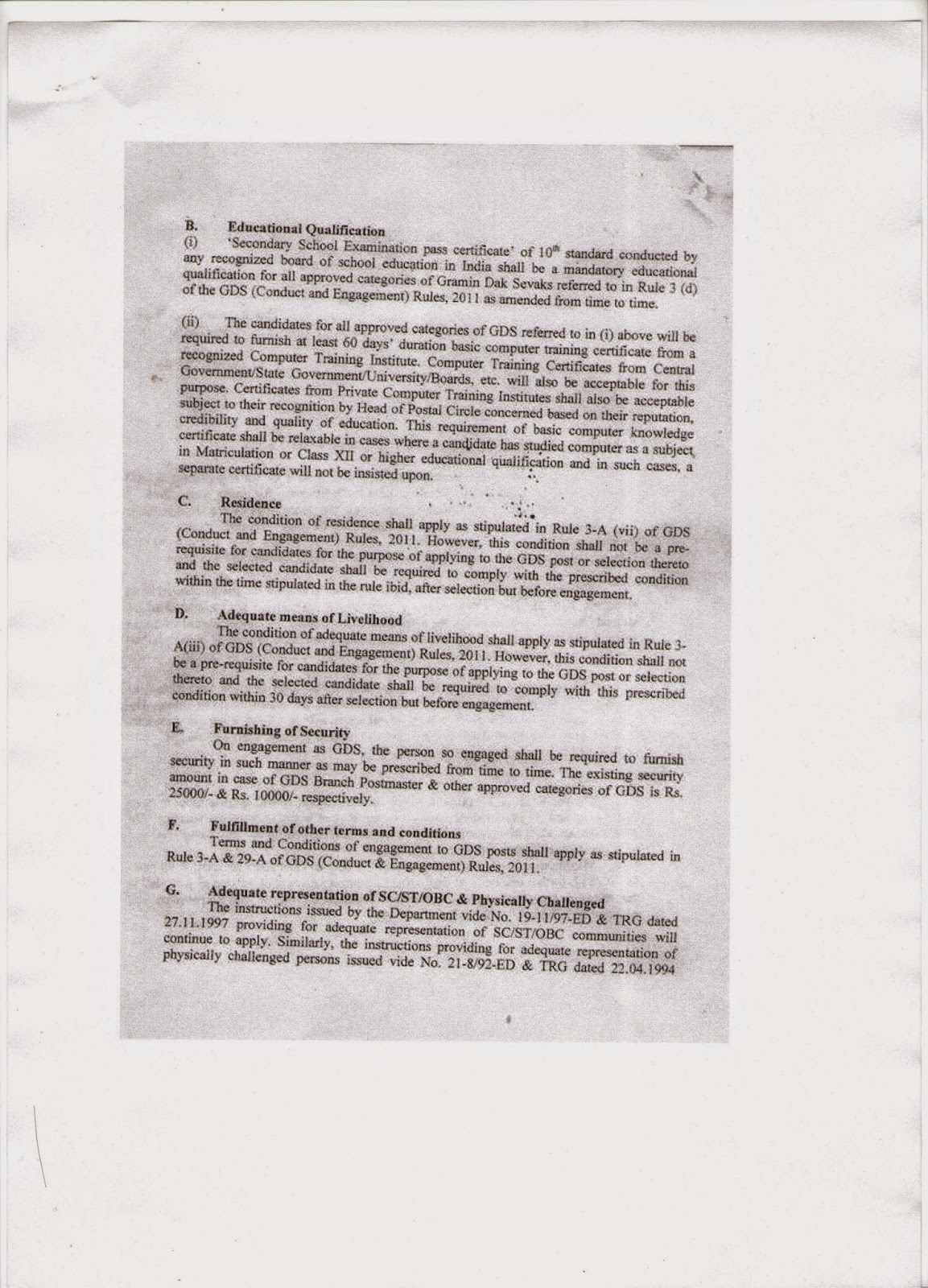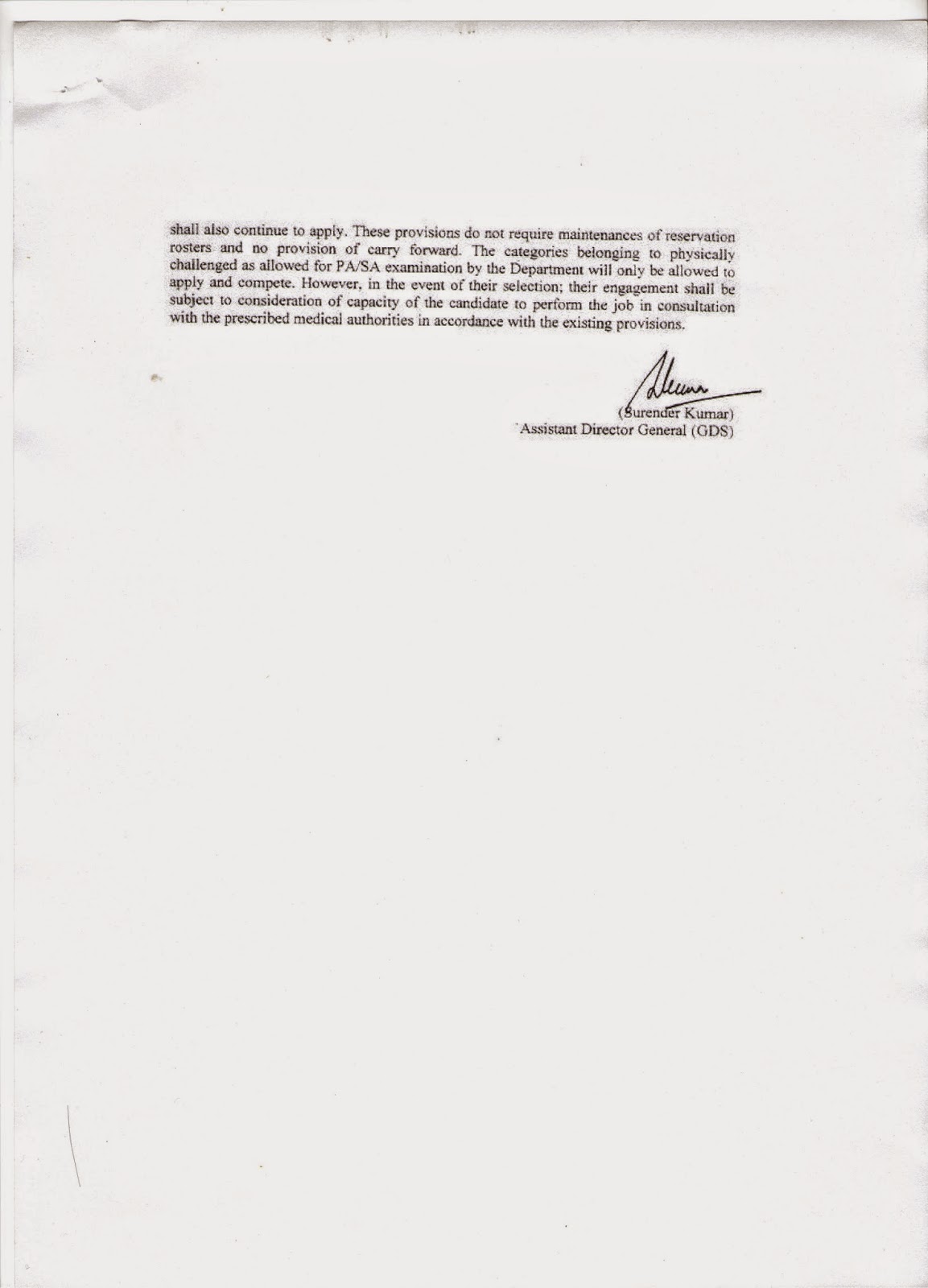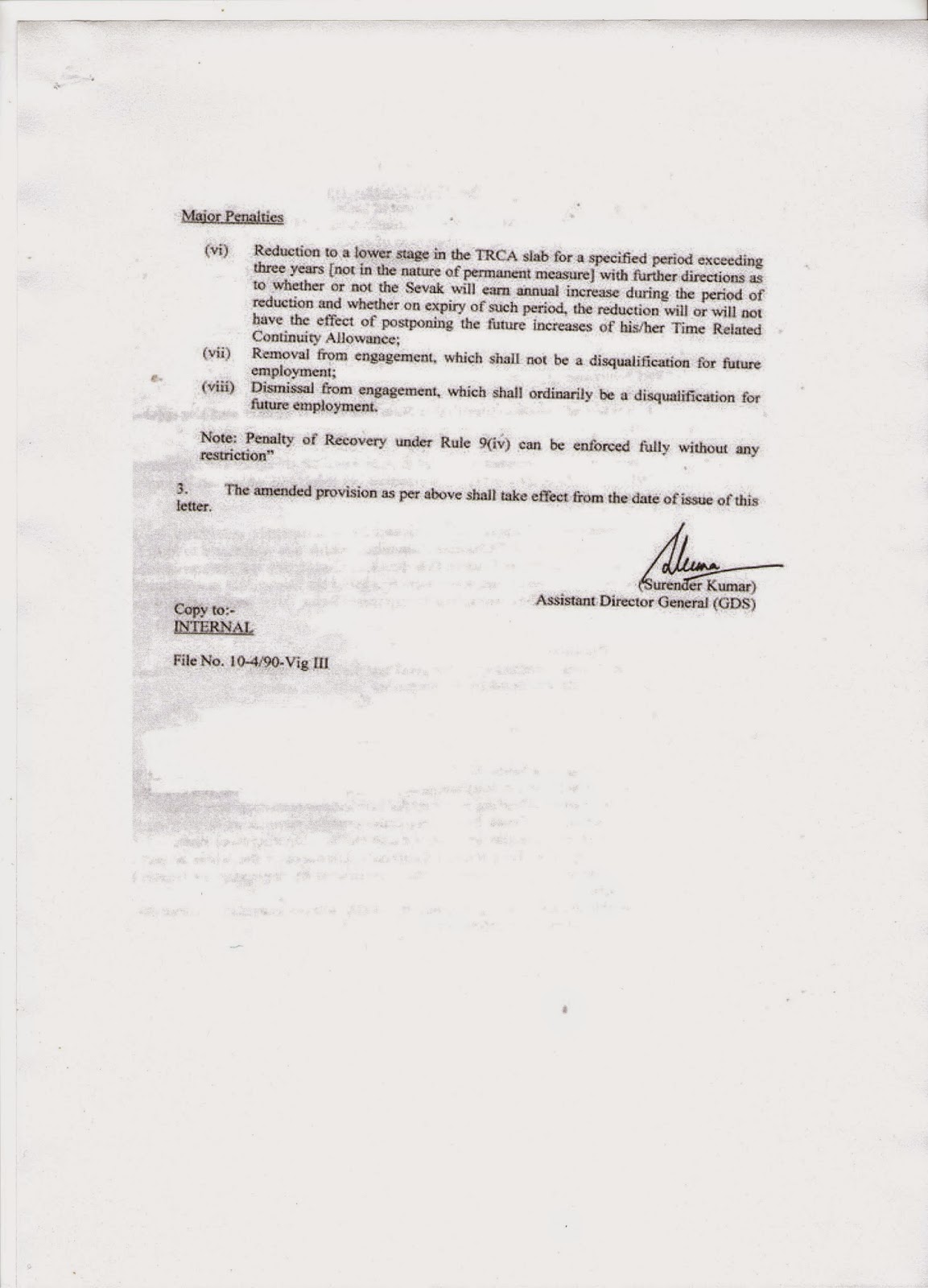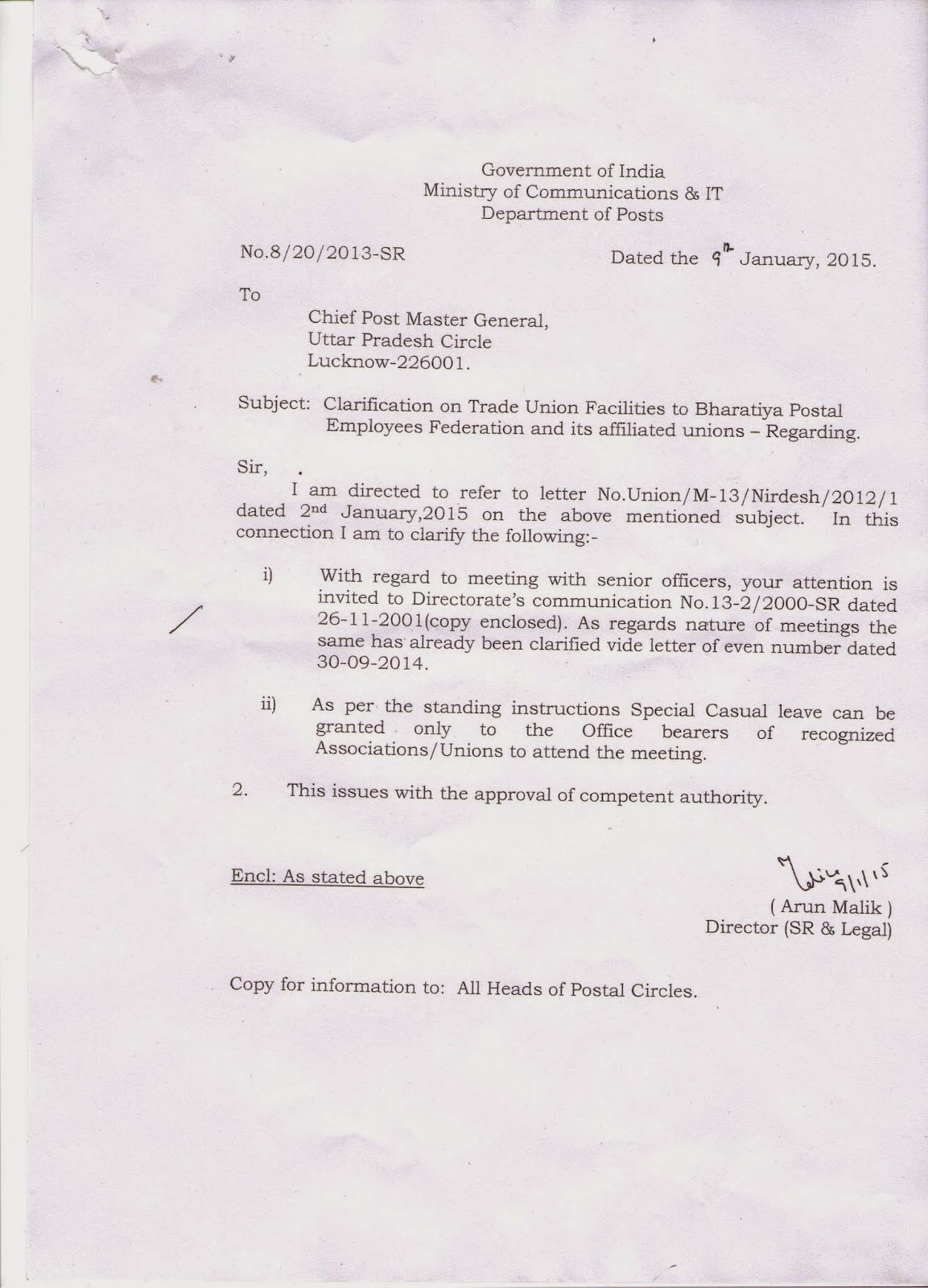Mumbai’s first ever post office totally operated by its competent women staff was opened in 2013. The unique Mahila Dak Ghar was described as ‘a mark of respect to the women of Maharashtra’ by the state’s Chief Post Master General, while inaugurating it. It was a major step by the Indian Post in its effort to promote women empowerment.
Incidentally, India’s first all-women post office was opened in the capital city of New Delhi same year on the eve of the International Women’s Day.
In its endeavor to further boost the morale and confidence of its female staff, an extensive training-cum-seminar was organized by The Indian Institute of Workers Education (established by the Central Board for Workers Education).
Challenges & solutions for women workers
One of India’s vastly and deeply spread government organizations, the Indian Post is giving them all possible encouragement to increase their stature as well as maximize their potential.
India is fast changing, and so are its women. They today enjoy greater freedom and are performing better than ever in so many fields, including science, medicine, sport, and corporate world.
However, there are challenges to be met and hurdles to be crossed while scaling the peak of success. Especially, women staffers in public service face peculiar problems.
It is important that they get a platform to talk about their problems and seek solutions. Keeping this in mind, a wide range of seminars, lectures and activities were arranged during the ‘Women Empowerment’ session as part of the just-concluded training module (January 12 to January 16, 2015 at Kurla, an eastern suburb in Mumbai) held exclusively for women employees was indeed a meaningful initiative in this context.
Bharatiya Postal Employees Association (affiliated to Bharatiya Mazdoor Sangh) saw to it that experienced professionals from diverse arenas would guide the participants on stress management, communication skills, self-development etc.
Utkarsha Birje, who handled the logistical and conceptual part of this laudable initiative, elaborated: “The training spread over five fruitful days was so arranged that every participant could get involved and thus gather practical information on this vital subject. Also, these women from different cities and districts of Maharashtra developed a close bonding. This human element was a unique facet of our exercise. Not often that they get to express themselves and share their concerns on imbibe useful work-related as well as specific gender issues. Our aim was to motivate the women employees so that they can more efficiently perform their day-to-day duties.”
“Initially, they were a touch skeptical about the whole idea, unsure what they could draw out of it. At the end of it, they realized that harnessing their abilities and true potential can not only give them work satisfaction but also enhance their personality and stature.”
Then there are so many other aspects like work-home balance, woman’s health, implementation of prevention of sexual harassment policies, separate toilets for women that were touched upon during the discussions.
Inaugurated by M. S. Chandel, the general secretary of BPEF, the training programme was set in motion by Mr M. S. Mathapathi who spoke about aims and Objectives of the trade union activities.
‘Constitutional provisions for working women’ by Miral Chitnis; ‘Socio-Economy Development and Role of Trade union in National Development’ by Mr Banasure, President BMS; ‘Disciplinary Procedure-Tools & Techniques’ by M. K. Khamborkar; ‘Inter-personal Relations & Human Relations’ by K Vanraj; ‘Leadership Qualities’ by J. P. Phogat, Deputy Director; ‘Attitudinal change-games’ by M. S. Mathapati; ‘Women Empowerment- Challenges in Modern era’ by Sabiha More; ‘New Technological Changes & Customer Satisfaction’ by Paresh Chitnis; ‘Right to Information Act 2005′ by Capt. APS Talwar and ‘Team Building & Team Work’ by Geetatai Gokhale of B.M.S. were among the key speakers and topics during the full-fledged training.
What does define the spirit of today’s working woman?
Neha Rikame, one of the participants at the seminar, stated: “To me, it is her utmost commitment, sincerity, ability to balance between her work and family life, her quest for a distinct identity and an earnest desire to excel that define the spirit of every modern Indian working woman.
She added, “It was an excellent learning experience for us, providing us with an opportunity to hone our skills. We greatly benefited from the personal and professional experience of different knowledgeable speakers. Their insightful and inputs are going to help is in our careers. The training will certainly help us become more resourceful and proactive, having become aware of the responsibility we carry on our shoulders.”
“The core idea on our part should be to serve the people better in our official capacity. And for this, we look for constant guidance and assistance, regular on-job learning and orientation,” another participant explained.
True meaning of women empowerment at home and officeWomen in our country are now taking up more significant roles in public life as well as at home. A large number of them are making their mark at the modern workplace.
Women have grown in confidence and stature. They now occupy top positions in the government and private bodies. But for them to continue to do well, support of their families and that from the heads in any organization holds the key. Underlining this important aspect, one of the speakers Sabiha More said, “Women should not underline their abilities and intrinsic strengths. They should cultivate a desire to excel in whatever they do in personal and official capacity and imbibe modern technology as well as management techniques. The office culture should be such that women are encouraged to take up more responsibilities.”
We hope that these dynamic women in continue to interact and build on the knowledge they have gathered from trainers, speakers and also by talking to each other during the entire training period so as to further empower themselves and serve the public better.
Importantly, once all the participating women staffers go back with a message of empowerment, the positivity and enthusiasm will sure rub off on fellow women they work with, to make it a chain reaction. The process has only just started, the journey has only just commenced. We at Wooman, wish Utkarsha Birje mam and her team all the success in their commendable endeavor.


.jpg)

















